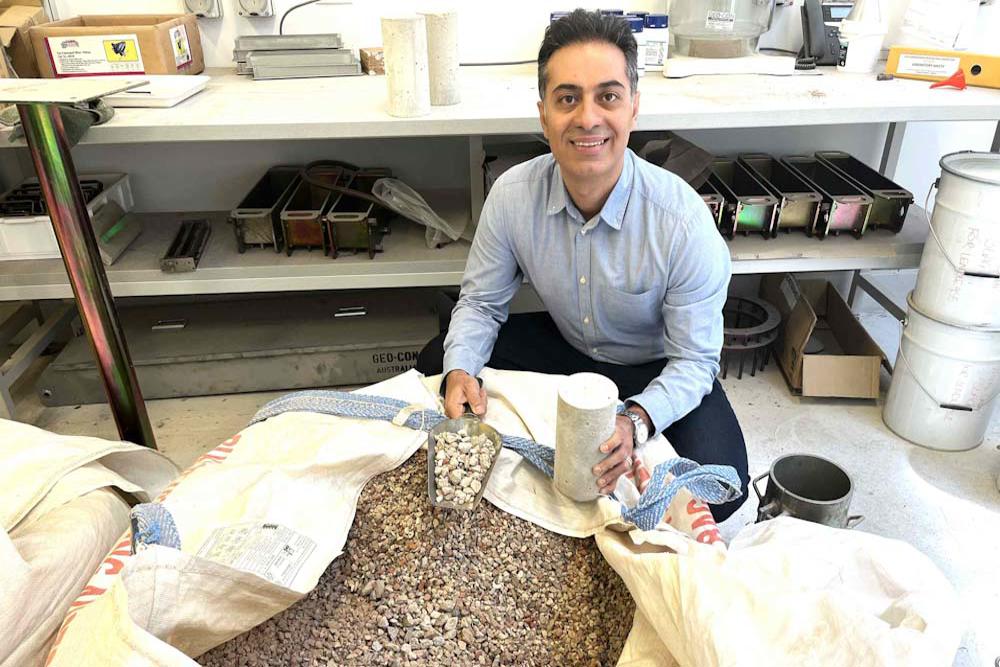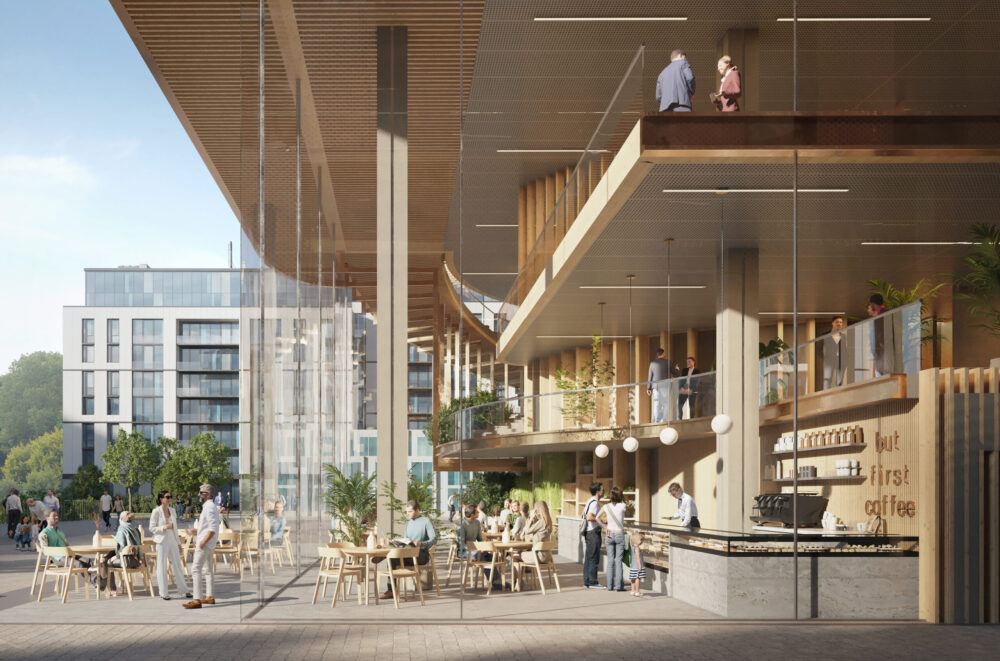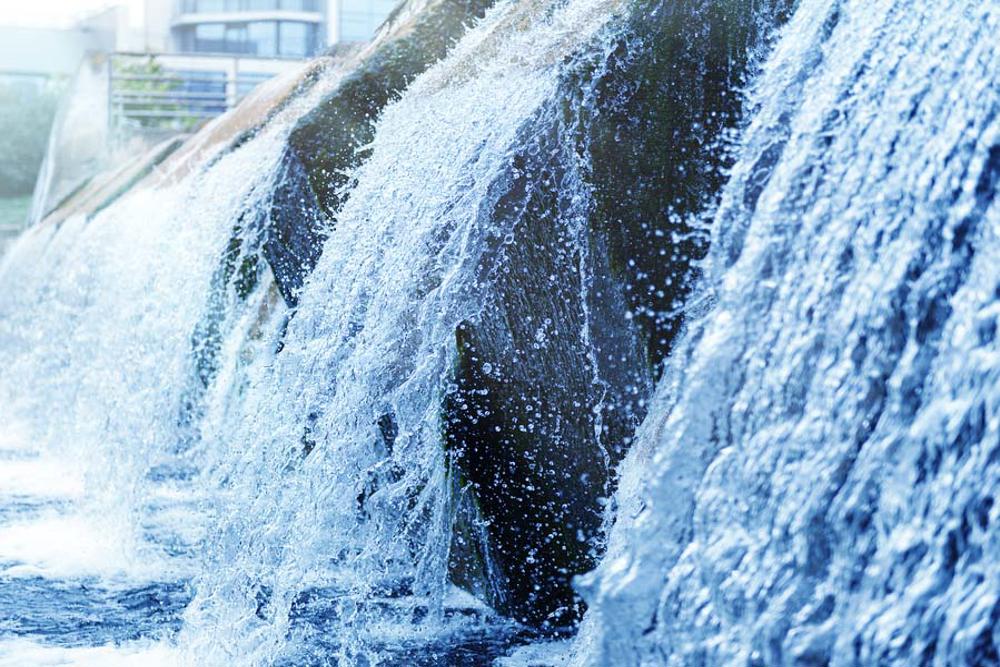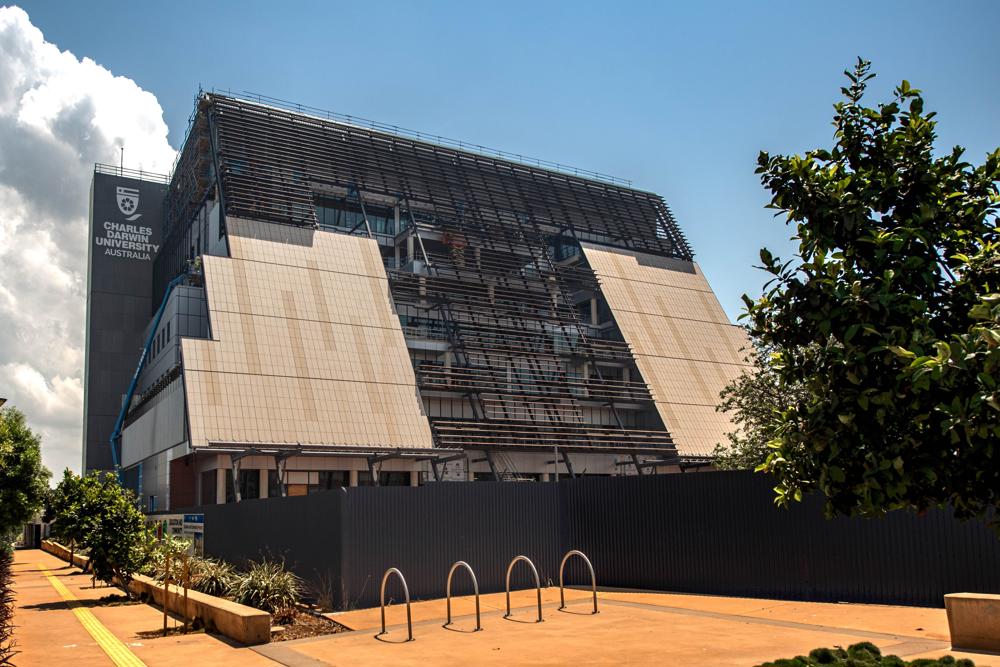
Researchers from Flinders University and international institutions have developed a sustainable concrete formula that resists alkali–silica reaction (ASR) — a common issue in concrete made with recycled materials like glass and concrete aggregates.
The formula, using ground granulated blast furnace slag (GGBS) and fly ash as binders, mitigates ASR effects, maintaining mechanical properties and durability.
Dr Aliakbar Gholampour, an expert in sustainable construction materials at Flinders University, explained: “The results of this study point to the significant potential of combining fly ash and GGBS at an optimum ratio to mitigate the ASR effect on recycled aggregate concrete containing crushed glass sand.
“The developed technology can be used in different applications where natural sand or gravel are currently being used, such as road construction, landscaping and infrastructure projects.”
The study found that a 20 per cent GGBS and 30 per cent fly ash blend was optimal, showing similar strengths and water absorption to natural sand concrete.
However, increasing GGBS content reduced strengths and increased water absorption.
Dr Gholampour noted: “By integrating these recycled materials into construction and manufacturing practices, industries can contribute to a more sustainable built environment and circular economy.”
Replacing natural sand with glass sand increased ASR expansion, but 30 per cent fly ash reduced expansion by 88 per cent.
GGBS was less effective, only reducing expansion by 3 to 12 per cent.
The research also highlighted the potential of these materials in reducing environmental pollution and preserving natural resources.












